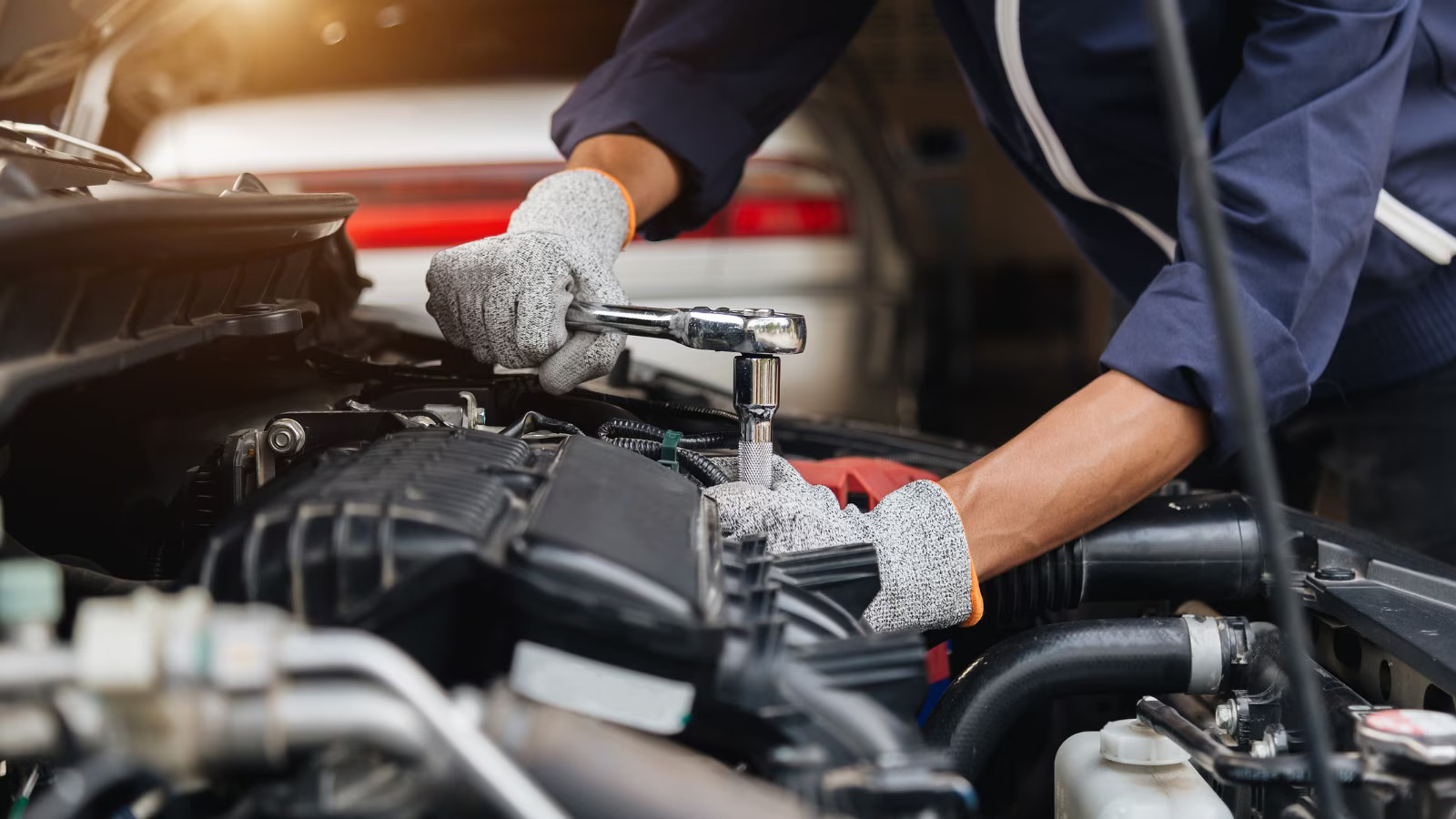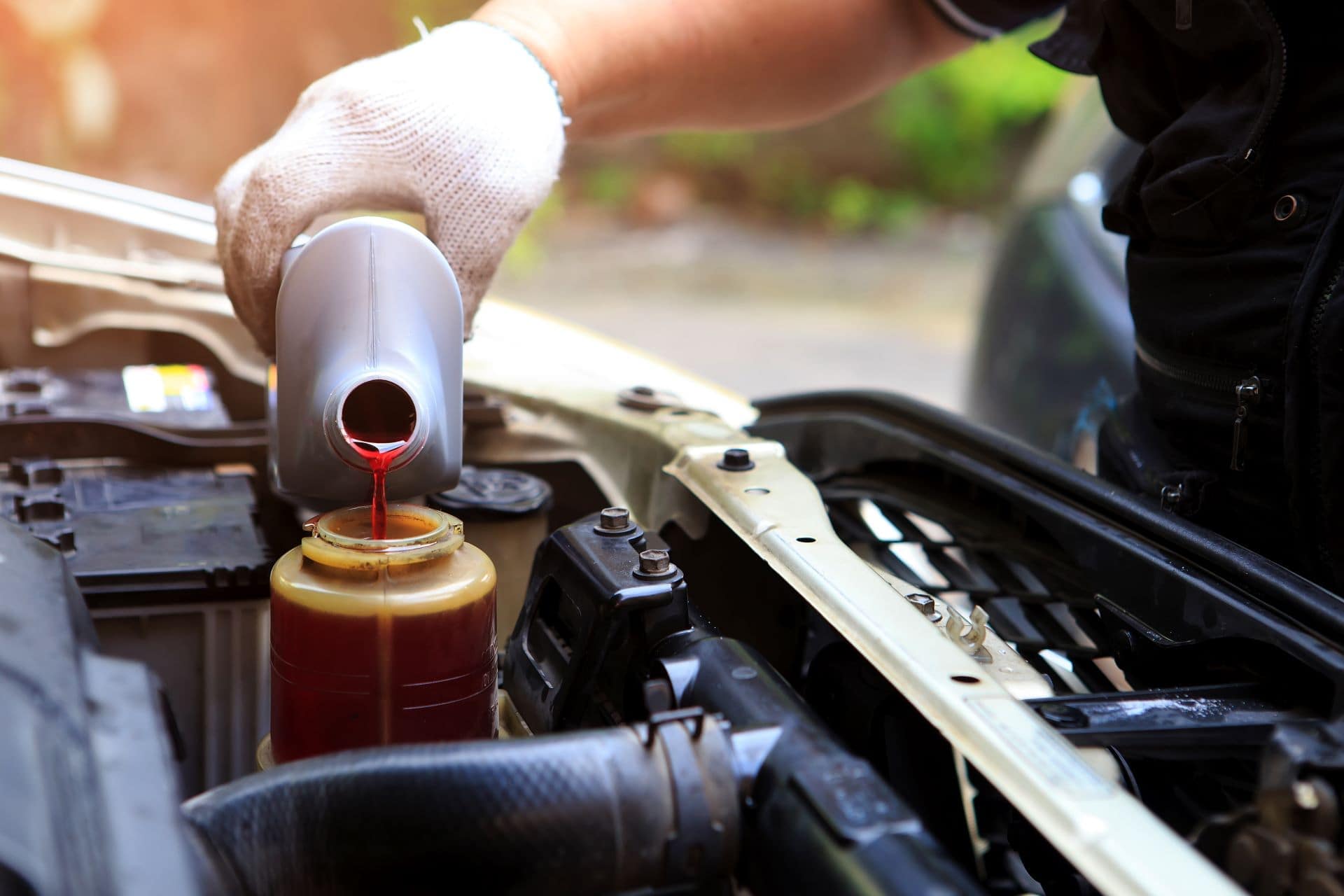The transmission system in your vehicle is essential for converting engine power into the motion needed to move your car forward or backward at varying speeds. There are two types of transmissions: automatic, which shifts gears on its own, and manual, where the driver selects gears manually. A well-functioning transmission is crucial for a smooth and efficient driving experience, ensuring that your vehicle accelerates and shifts gears properly.
Regular transmission maintenance is vital to prevent common problems that can arise, such as slipping gears, rough shifting, unusual noises, and warning lights on your dashboard. Slipping gears can result in loss of power and acceleration, while rough shifting can create discomfort during driving. Unusual sounds like grinding or whining may indicate deeper transmission issues, and warning lights should never be ignored, as they often signal problems that need prompt attention.
Routine maintenance offers several benefits, including the prevention of serious transmission issues before they become expensive repairs. Regular care, such as fluid changes, also extends the life of the transmission by ensuring that all components are well-lubricated and clean. Moreover, a properly maintained transmission enhances fuel efficiency and helps maintain optimal vehicle performance, ensuring smooth acceleration and gear shifting.

Transmission fluid plays a critical role in keeping your transmission system in working order. It serves to cool the system by dissipating heat, lubricating moving parts to reduce friction, and cleaning internal components by removing harmful debris. Without proper fluid maintenance, the transmission may overheat, wear out prematurely, or become clogged with contaminants, leading to failure.
To keep your transmission in good condition, it’s important to follow the recommended maintenance schedule, which typically includes changing the fluid every 30,000 to 60,000 miles and replacing the filter at similar intervals. Regular inspections are also necessary to check for leaks and other potential issues that might affect transmission performance.
While some aspects of transmission maintenance, such as fluid level checks and visual inspections, can be done by vehicle owners, other tasks, like fluid changes and filter replacements, are best handled by professionals. Neglecting transmission maintenance can lead to severe consequences, including the complete failure of the transmission, which can be extremely costly to repair or replace. By following proper maintenance practices, you can save yourself from future headaches and costly repairs.

